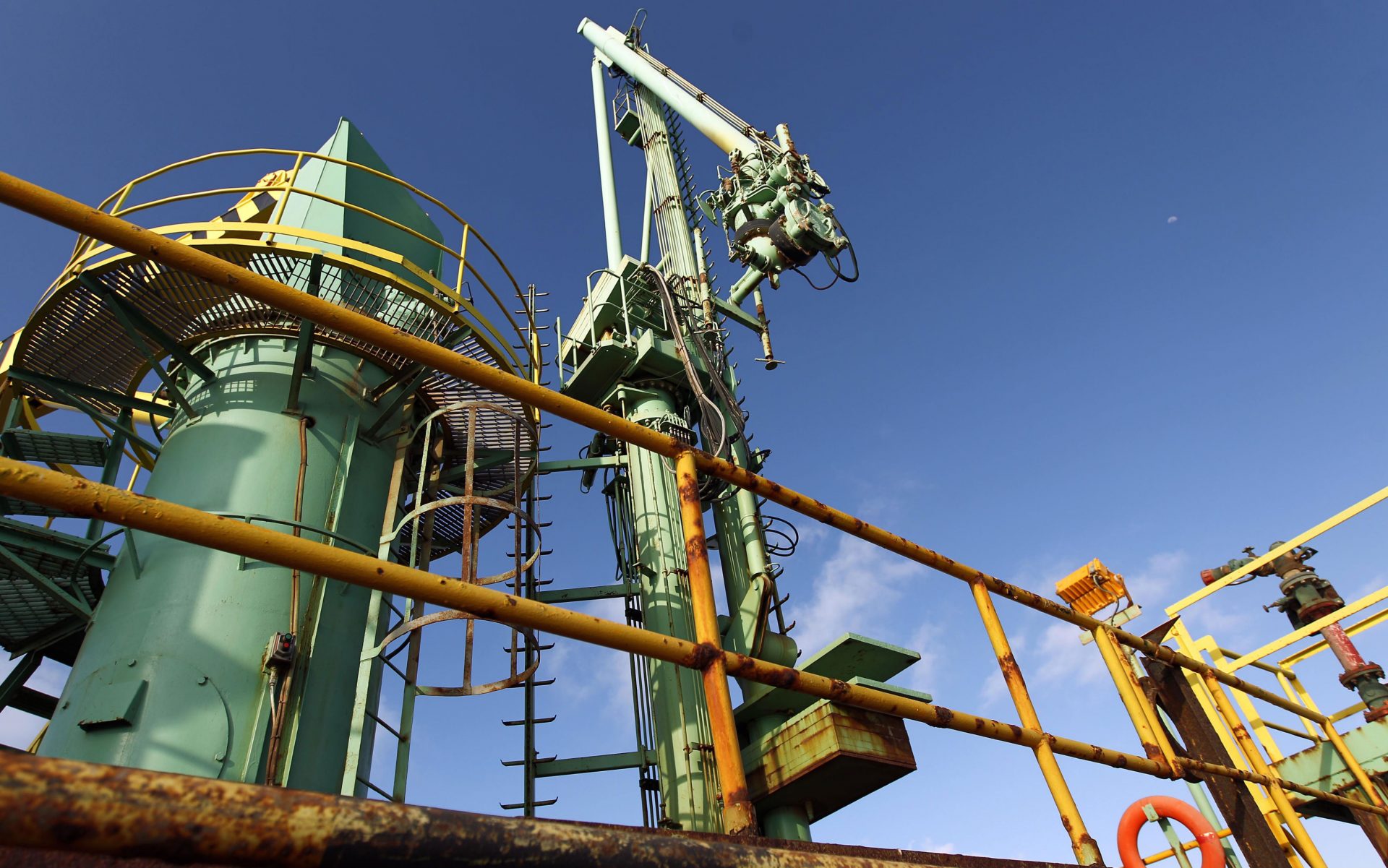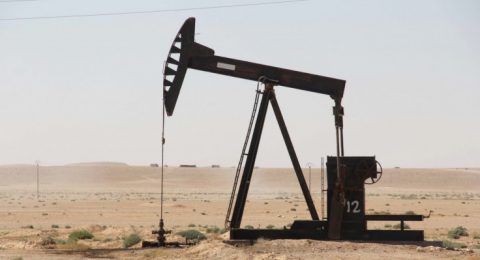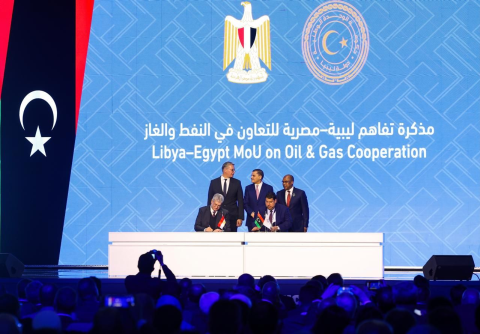Smugglers selling Libya’s heavily subsidized gasoline and diesel abroad at jacked-up prices are likely using at least some of the profit to finance fighting between the country’s rival governments, according to a U.N. report.
With recurring violence hampering attempts to resolve Libya’s division, U.N. officials now are considering action that could target at least some of the illegal trade.
The sales add up: About $12 million of petroleum products are being smuggled out of the country each month on average, a Libyan oil official said.
Officials at Libya’s National Oil Co. say smugglers are diverting some of the fuel to Mediterranean countries such as Tunisia and Malta, where a gallon of diesel costs almost $5. In Libya, it sells for about 40 cents.
The U.N. report, prepared for the Security Council’s Libya sanctions committee and published Feb. 28, suggested that an international maritime force police Libyan waters, including to target fuel smuggling.
A resolution on the issue could be proposed by the end of April, U.N. officials said.
The U.N. has called for an end to smuggling as it tries to broker a peace deal between Libya Dawn, a group of Islamist militias that holds power in the capital of Tripoli, and a government with Western support that rules the east from the city of Baida, and is supported by militias there.
The two groups emerged from the chaos after dictator Moammar Gadhafi was forced from power and killed in 2011.
The peace efforts have been set back by the Baida government’s refusal to negotiate as well as persistent violence, including the bombing of Tripoli’s airport on Thursday.
“Oil subsidies are driving the conflict to the benefit of the militias,” said Jason Pack, head of U.K.-based consultancy Libya Analysis.
Libyan oil officials say smuggling is being done by both sides.
The government backed by Libya Dawn has acknowledged the smuggling and said it was trying to stop it. Mashallah Zawie, the oil minister aligned with the group, recently said about 2 million liters a day were being smuggled out of Libya by sea.
He said he has met with Tuareg leaders—a nomadic desert people in the southwest of the country—seeking their support on cracking down on desert routes that reach southern neighbors such as Niger and Chad.
U.N. officials say the illegal trade is driven by subsidies launched by Gadhafi, who endeavored to keep the pump prices low to prop up popular support.
The government has previously said the subsidies cost about 800 million Libyan dinars ($587 million) a year, covering products refined from some 250,000 barrels of crude a day. Some of it is refined domestically, while some grades that Libya doesn’t have the capacity to refine are imported.
The central bank in Tripoli, which operates independently of either government, has continued the payments despite the chaos.
Some of the smuggled fuel ends up in Chad and Niger, where it sells at filling stations for far above its Libyan price, according to the U.N. report, Libyan oil officials and the World Bank’s fuel-pricing index.
The trade route from Libya to Malta has drawn particular notice, with the U.N. saying oil tankers and jury-rigged fishing boats are being used to carry diesel. Last summer, 2,000 tons of diesel fuel from Libya was intercepted as it sailed toward Malta, according to the U.N. report.
Dawn’s militias have been engaged in a violent struggle for territory with groups allied with the Baida government. Fighting in Zuwarah has caused more than 100 deaths, one of the highest counts, according to the Libyan Ministry of Health.
The illegal fuel trade has highlighted the role of irregular militias in Libya’s conflict. Often centered around oil-producing regions, these groups are loosely aligned with one government or the other, providing money and muscle to cement power over Libya’s far-flung cities.
The diversion is starting to be felt by regular Libyans, who are experiencing fuel shortages and long lines at the pump. In the southern Sahara town of Sebha, one resident said he sometimes waits for three days for fuel to fill up his vehicle. “There are long lines at the gas station,” he said.
In Tunisia, where a gallon of diesel costs almost $3, residents in the south have benefited from the cheaper, smuggled petrol. When the government attempted to stop the flow last month, there were riots in which at least one person died, as well as a general strike.
Source: The Washington Post












